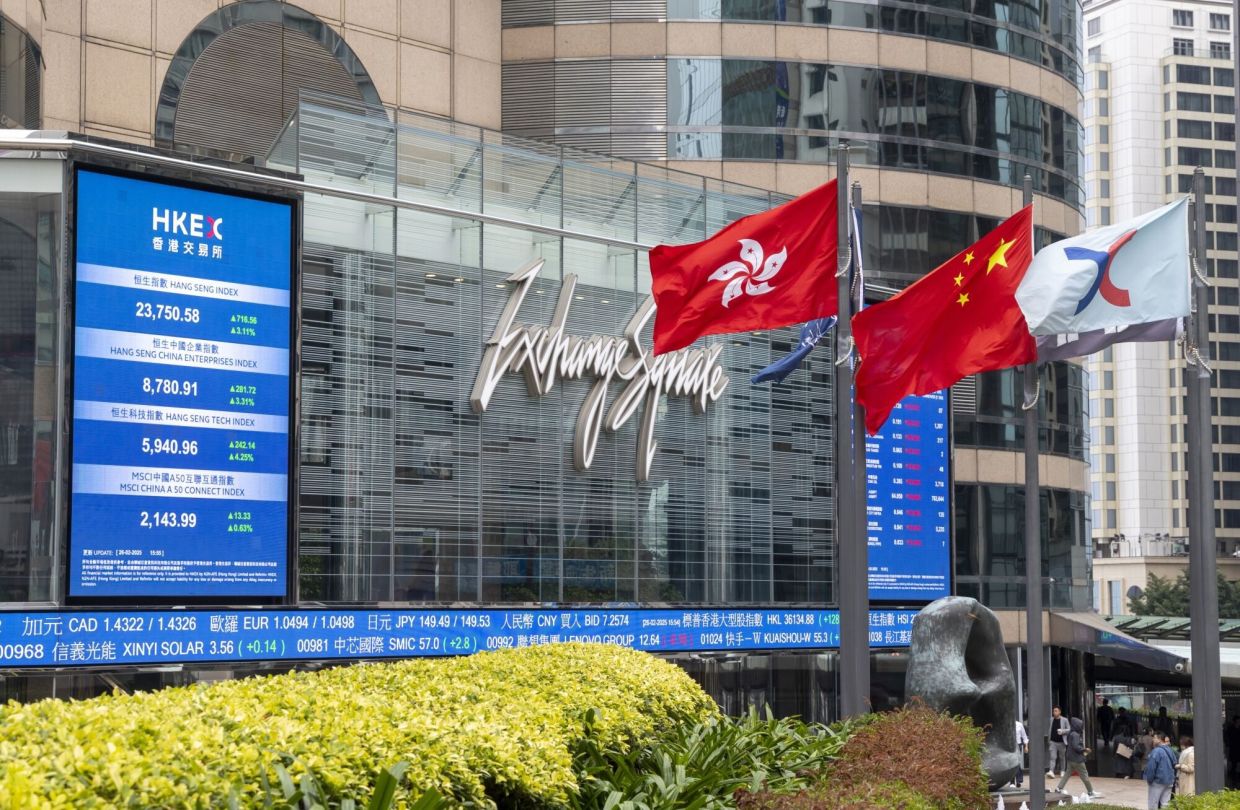In a popular Chinese short drama scene, a junior employee receives a vague instruction from their boss: “This report needs more… depth.” Instead of asking for clarification, the employee nods vigorously and replies, “I’ll fix it right away!” For Western audiences, this exchange might feel confusing—why doesn’t the employee ask for specifics? Why does the boss speak in such vague terms? The answer lies in the subtle, unspoken rules of workplace power dynamics in Chinese culture, which often rely on implicit communication rather than direct language. Translating these nuances into short dramas for global viewers requires more than just literal dialogue translation; it demands a careful adaptation of how power is expressed, negotiated, and understood.
Chinese workplace interactions are deeply rooted in the concept of “face” (mianzi), a social currency that reflects respect, reputation, and hierarchy. In this context, direct criticism or explicit demands can threaten someone’s face, so communication tends to be indirect and layered. A boss might say, “Maybe we could think about this differently” instead of “This is wrong,” giving the employee room to save face by adjusting their work. Similarly, an employee might respond with, “I’ll consider your suggestions carefully” rather than “I disagree,” avoiding open confrontation. These exchanges are rich with unspoken meaning—tone of voice, body language, and even pauses convey more than the words themselves. For example, a slight hesitation before agreeing might signal reluctance, while a overly enthusiastic response could indicate eagerness to please.
This reliance on implicit communication stands in contrast to Western workplace norms, which often prioritize clarity, directness, and individual expression. In Western contexts, a boss is expected to provide specific feedback (“The data analysis is missing Q3 numbers”), and an employee is encouraged to ask questions or offer counterarguments (“What if we use a different metric?”). These interactions are framed as collaborative rather than hierarchical, with the goal of solving problems through open dialogue. When Chinese short dramas are adapted for Western audiences, preserving the original cultural context while making the power dynamics understandable requires balancing these different communication styles. A direct translation of vague dialogue might leave Western viewers confused, but completely rewriting it to fit Western norms could lose the cultural essence of the scene.
One effective strategy is to use nonverbal cues to convey the underlying power dynamics, supplementing slightly adjusted dialogue. For instance, in the earlier example of the vague “depth” comment, the boss’s tone could be softened with a subtle smile, indicating that the feedback is constructive rather than critical. The employee’s quick nod and downcast eyes could signal deference, while a brief pause before responding might hint at uncertainty—clues that help Western viewers grasp the hierarchical relationship without explicit dialogue. This approach maintains the cultural authenticity of the interaction while making its subtext visible to audiences unfamiliar with Chinese workplace norms.
Adapting constructive disagreement also matters. Chinese employees might frame objections as concerns: “I worry this might pressure the marketing team—adjust the timeline?” For Western audiences, revising to “I think marketing might struggle with this timeline—extend it by a week?” retains deference while clarifying the objection, aligning with Western directness.
Language choice also plays a vital role in bridging cultural gaps. Chinese has a rich vocabulary of honorifics and formal terms that signal hierarchy—for example, using “lao ban” (boss) instead of a first name, or adding “nin” (a polite form of “you”) to show respect. While English lacks direct equivalents, word choice and tone can convey similar meanings. Using “sir” or “madam” sparingly, or adjusting formality through phrases like “If I may” or “With all due respect,” can signal deference without feeling forced. Similarly, a boss’s use of first names versus last names can subtly indicate the power dynamic—referring to an employee by their last name (“Ms. Zhang”) might convey formality, while using their first name (“Li”) could signal a more relaxed relationship.
Lastly, adaptation balances cultural authenticity and cross-cultural clarity. It recognizes power is expressed through subtle cues and “face,” not just words. By preserving core elements while adjusting for Western understanding, short dramas bridge divides, showing “yes, boss” is never enough—the meaning behind words and their cultural context matter most.











